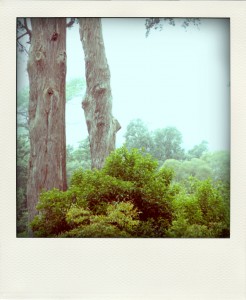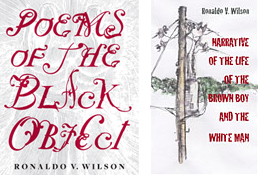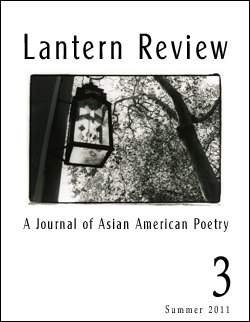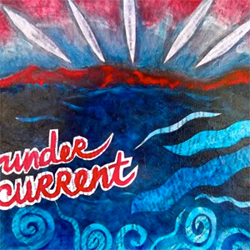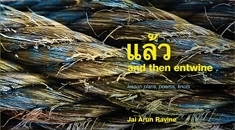Today, the LR Blog is pleased to officially welcome our new team of Staff Writers for the 2011-2012 school year:
- Interviewer Wendy Chin-Tanner, who is new to our team this year, will be chronicling her conversations with different Asian American poets from month to month.
- Returning Staff Writer Henry W. Leung will be transitioning out of his previous role as a reviewer, and into a new position as a Columnist. His new column, “Panax Ginseng,” will explore themes of transnationalism, multi-lingual blending, and hybridity in texts of both poetry and prose.
- Returning Staff Writer and Columnist Kelsay Myers will continue to reflect on her experiences in the M.F.A. program at Saint Mary’s College of California through her column “Becoming Realer,” and will also occasionally contribute other content (such as interviews).
- Reviewer Jai Arun Ravine, who is also new to our team this year, will be writing about different, recently-published books, chapbooks, and/or issues of literary journals each month.
We feel privileged to be able to welcome (or, in the case of our returning writers, welcome back) such a strong, cohesive team. We have an exciting lineup of posts planned for this fall, and are confident that you will enjoy the content that Wendy, Henry, Kelsay, and Jai will be contributing to the blog. To read more about each individual Staff Writer, please see their bios on the updated Blog Masthead. You’ll see the first of our staff-written posts for the year (an interview conducted by Wendy Chin-Tanner) appear later this week.
Cheers to the new year, and a warm welcome (once again) to our new team.
Iris & Mia
LR Editorial Staff



